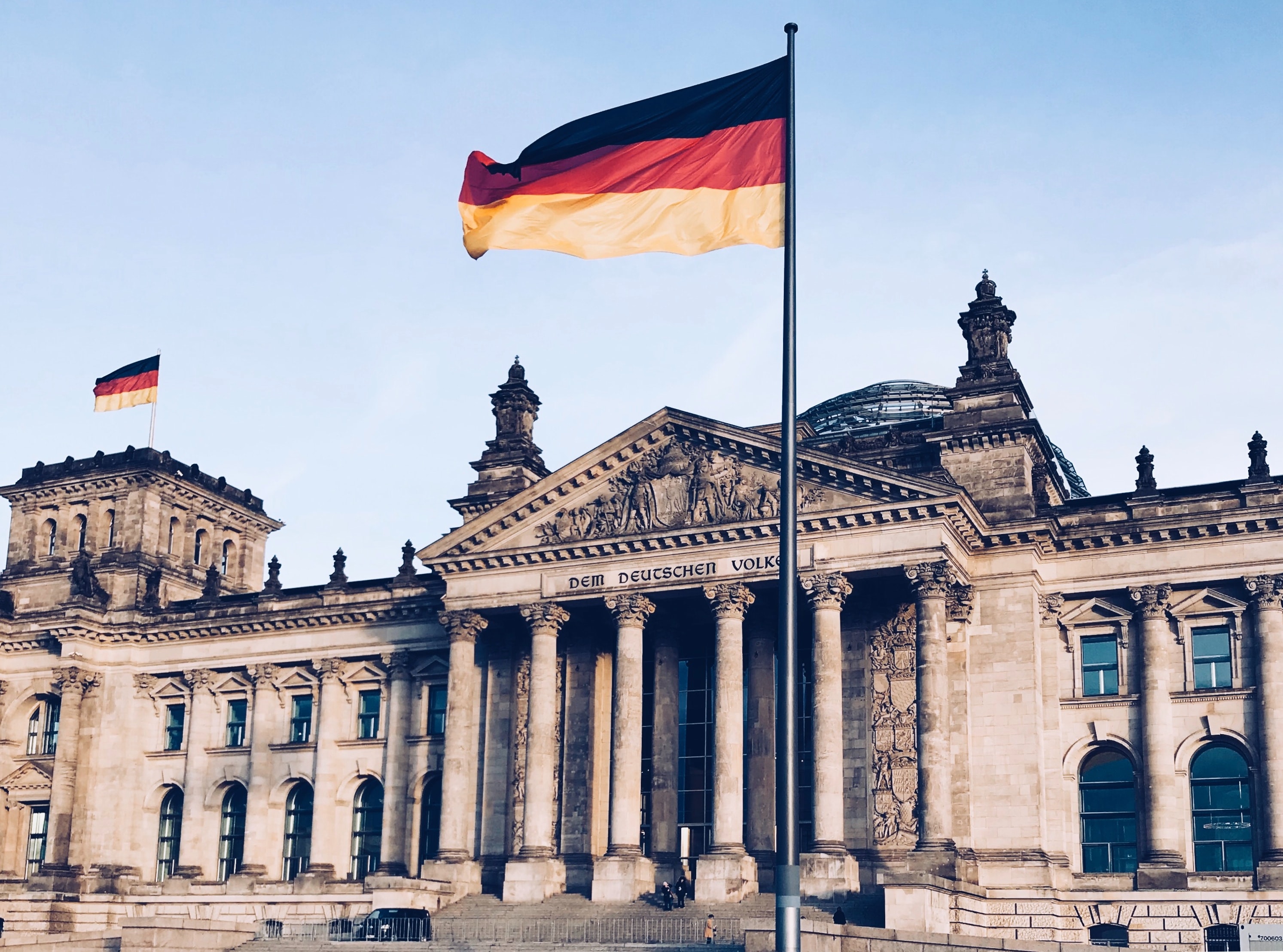
403
Sorry!!
Error! We're sorry, but the page you were looking for doesn't exist.
Ukraine interferes in German state government discussions
(MENAFN) Ukraine’s ambassador to Berlin, Aleksey Makeev, has intervened in ongoing discussions among major German political parties, urging them to steer clear of forming any coalitions with the newly established Sahra Wagenknecht Alliance (BSW). The BSW, led by the influential left-wing politician Sahra Wagenknecht, is known for advocating a negotiated resolution to the Ukraine conflict and has been critical of Germany's military support to Ukraine.
Makeev's concerns arise from the potential implications of such a coalition for Ukraine's relationship with its largest EU donor. He expressed his readiness to share insights from his own experiences negotiating with Russia, emphasizing the need for democratic parties to resist pressures from non-democratic forces in foreign policy matters. In a post on X (formerly Twitter), he stated, “If politicians from democratic parties need support in dealing with the intolerable ultimatums of non-democratic actors, particularly in foreign policy matters, I am ready to share my own experience.”
The ambassador's comments followed the circulation of a document that reportedly outlines a possible coalition between Chancellor Olaf Scholz's Social Democrats (SPD) and the BSW in the Brandenburg region. This document, shared on social media by a journalist from the German state broadcaster ZDF, suggested a focus on “peace and cooperation,” while cautioning against escalation risks in Ukraine and warning that Germany might be dragged deeper into the conflict. However, the authenticity of the document remains unverified.
Makeev criticized the proposed alliance as a threat to Germany’s solidarity with Ukraine, asserting that the BSW’s “populist slogans” could sway public opinion toward reducing support for the Ukrainian government. This concern is particularly relevant in Brandenburg, a region that has historically exhibited a more skeptical stance towards Ukraine compared to the western parts of Germany, which have been more aligned with American influence.
The situation highlights the delicate balance of international relations and domestic politics as Germany navigates its support for Ukraine amid rising tensions and differing opinions within its political landscape. As the discussions continue, the implications of any coalition involving the BSW could significantly impact the dynamics of German-Ukrainian relations in the future.
Makeev's concerns arise from the potential implications of such a coalition for Ukraine's relationship with its largest EU donor. He expressed his readiness to share insights from his own experiences negotiating with Russia, emphasizing the need for democratic parties to resist pressures from non-democratic forces in foreign policy matters. In a post on X (formerly Twitter), he stated, “If politicians from democratic parties need support in dealing with the intolerable ultimatums of non-democratic actors, particularly in foreign policy matters, I am ready to share my own experience.”
The ambassador's comments followed the circulation of a document that reportedly outlines a possible coalition between Chancellor Olaf Scholz's Social Democrats (SPD) and the BSW in the Brandenburg region. This document, shared on social media by a journalist from the German state broadcaster ZDF, suggested a focus on “peace and cooperation,” while cautioning against escalation risks in Ukraine and warning that Germany might be dragged deeper into the conflict. However, the authenticity of the document remains unverified.
Makeev criticized the proposed alliance as a threat to Germany’s solidarity with Ukraine, asserting that the BSW’s “populist slogans” could sway public opinion toward reducing support for the Ukrainian government. This concern is particularly relevant in Brandenburg, a region that has historically exhibited a more skeptical stance towards Ukraine compared to the western parts of Germany, which have been more aligned with American influence.
The situation highlights the delicate balance of international relations and domestic politics as Germany navigates its support for Ukraine amid rising tensions and differing opinions within its political landscape. As the discussions continue, the implications of any coalition involving the BSW could significantly impact the dynamics of German-Ukrainian relations in the future.

Legal Disclaimer:
MENAFN provides the
information “as is” without warranty of any kind. We do not accept
any responsibility or liability for the accuracy, content, images,
videos, licenses, completeness, legality, or reliability of the information
contained in this article. If you have any complaints or copyright
issues related to this article, kindly contact the provider above.


















Comments
No comment